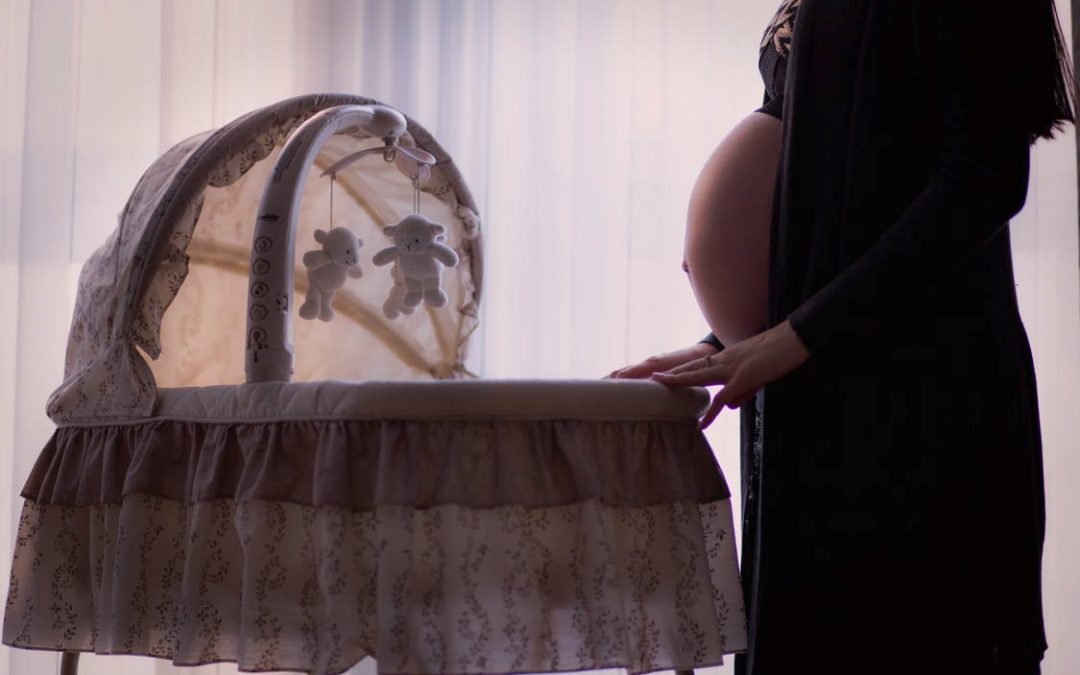By: Paula Joyce
Stress is an all-too-common occurrence. In a report entitled ‘The United States of Stress’, Everyday Health’s Nan-Kristen Forte reveals that one-third of Americans have gone to their doctors for a stress-related problem, which often affects their work, social lives, and inner peace. But for pregnant women, new research reveals that high levels of maternal stress pose even more worrisome problems, as it can have an effect even on their unborn baby.
Maternal Stress and Fetal Health
The study, which was conducted by researchers at the Children’s National Hospital, found that maternal stress and anxiety, especially in the second trimester of pregnancy, have a profound effect on fetal brain development. Particularly, it results in the reduction of cerebellar and hippocampal volume, two crucial elements of the brain. The former is important in motor coordination as well as social and behavioral development. The latter, meanwhile, is closely tied to memory and learning, and is by default, easily affected by stress.
This adds to existing literature on problems with fetal brain development caused by maternal stress. Another recent study, this time conducted by King’s College London, found that other areas of a fetus’ brain are also compromised by maternal stress. Lead researcher Alexandra Lautarescu explains that women who experienced more stress during pregnancy were likely to have babies whose uncinate fasciculus was not well-developed. Though this white matter tract’s function is not well-known, it is believed to play a role in learning and memory.
These studies, of course, add to the laundry list of harmful effects caused by stress in general, which includes exhaustion, difficulties with memory, a weaker immune system, and high blood pressure, among others.
Given their findings, the Children’s National Hospital Researchers continue to advocate for routine mental health tests for pregnant women, so as to help moms and their babies avoid the toxic effects of maternal stress.
Alleviating Stress for Mom and Baby
With all this in mind, it’s important to remember that there are some key steps would-be mothers could take to help alleviate stress for better maternal and fetal health. Parsley Health CEO and mom Dr. Robin Berzin recommends having a meditative practice, which is known to lower cortisol levels and reduce inflammation. Simple methods like keeping a gratitude journal or being mindful of your breathing can do wonders for your mental and physical health.
Exercise has also been found to be good for alleviating stress, though NCCPT Certified Personal Trainer Maureen Pray advises consulting with a health professional first before any exercise program to ensure that it’s compatible with your prenatal needs. Be sure to avoid workouts where falling is likely, or those that require you to bounce while stretching.
Lastly, don’t be afraid to ask for help. Enlist your partner to carry out additional chores or errands to help lessen your physical and mental load, or use apps like Walmart Grocery or Target Circle to save time that you can use for meditative or relaxing practices instead. If you feel that you are under too much mental stress at any point during your pregnancy, do not hesitate to reach out to a healthcare professional to find a solution that can work for you and your family.
All in all, remember that taking care of yourself during pregnancy is the best thing any mother can do for their unborn child’s development and health.
Exclusively written for FetalHealthFoundation.Org

